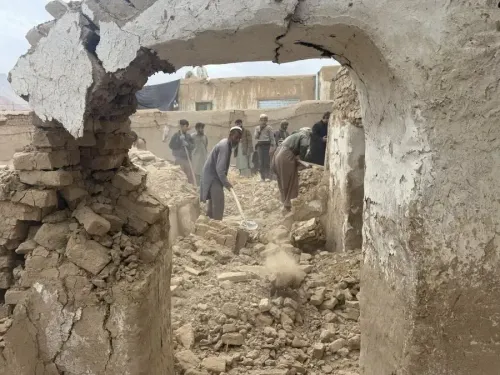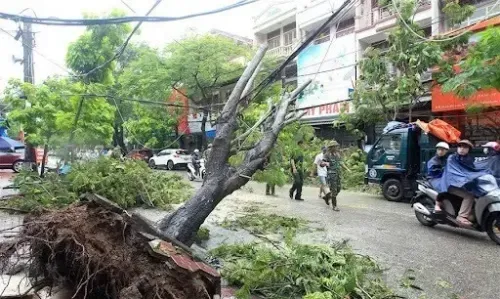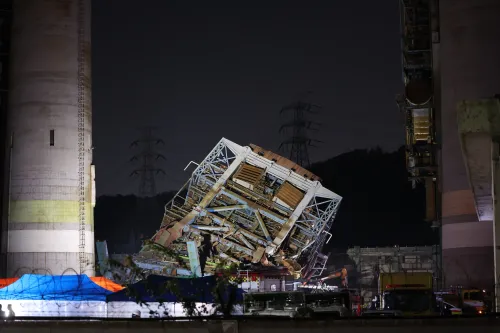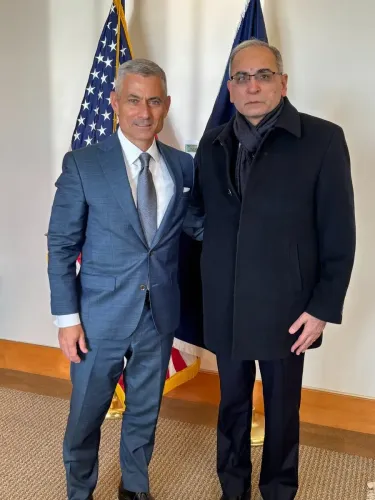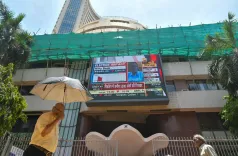Is the Persecution of the Ahmadiyya Community in Pakistan Surging in 2025?
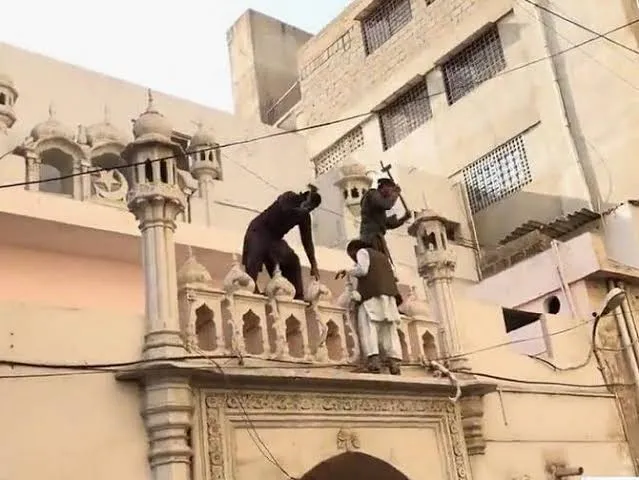
Synopsis
Key Takeaways
- Increase in violence against the Ahmadiyya community in 2025.
- Law enforcement agencies are implicated in the repression.
- 269 graves and over 50 mosques desecrated.
- Ongoing harassment during significant religious events.
- Urgent need for international intervention and accountability.
Vienna, Sep 9 (NationPress) The Ahmadiyya community in Pakistan is facing a dramatic increase in persecution in 2025. This religious minority continues to be at risk of discrimination, violence, and harassment from extremist groups and even law enforcement agencies, as outlined in a report released on Tuesday.
According to reports, several members of the Ahmadiyya community have been killed, and many others have faced harassment, with their places of worship being vandalized. Alarmingly, law enforcement agencies have been implicated in this repression instead of safeguarding the rights of these vulnerable individuals. For instance, during Pakistan's Independence Day celebrations on August 14, a mob harassed Ahmadiyyas in Faisalabad, throwing stones and beating several individuals, while two mosques were set ablaze, as noted by journalist Rahmatullah Achakzai in the Afghan Diaspora Network.
Data from the Ahmadiyya community reveals that until July 2025, 269 graves belonging to Ahmadiyyas have been desecrated, and over 50 mosques have faced similar fates since 2023. In 2025 alone, at least three Ahmadiyyas were murdered by extremists, following six killings in 2024. The International Human Rights Desk based in the UK reported that the second quarter of 2025 marked the darkest period for Ahmadiyyas in Pakistan.
Amnesty International corroborated these findings, noting an uptick in violence against the Ahmadiyya community during the recent Eid al-Adha celebrations.
“Local authorities and enforcement agencies are not just failing to protect Ahmadis; they are actively infringing upon their rights to freedom of belief and religion,” stated Isabelle Lassee, Deputy Regional Director for South Asia at Amnesty International.
Additionally, Ahmadis have been coerced into signing affidavits promising not to perform Eid rituals, with non-compliance resulting in hefty fines of PKR 500,000. This repression extends beyond security forces, affecting various state departments.
The Pakistan Telecommunication Authority has blocked websites containing content about Ahmadis, while the Pakistan Electronic Media Regulatory Authority has restricted the broadcasting of Ahmadiyya channels. Educational institutions run by the Ahmadiyya community also face significant barriers.
In 1974, the Pakistani government legally declared Ahmadis as non-Muslims, effectively curtailing their ability to express and practice their beliefs. This decision has fueled hostility and violence against them from both Sunni and Shia Muslims.
Achakzai highlighted that a report from the UK government pointed out the vulnerability of Ahmadis to prosecution under blasphemy laws and anti-Ahmadi legislation, often with police complicity in the violence.
In response to the violence, the Ahmadiyya Muslim Community stated that authorities have either failed to intervene or have actively participated in the assaults.
“The attacks of 2025 are rooted in decades of state-backed persecution. Without immediate accountability, the Pakistani state risks further bloodshed. Ahmadis are deprived of life, autonomy, and religious liberty in Pakistan,” they declared.

